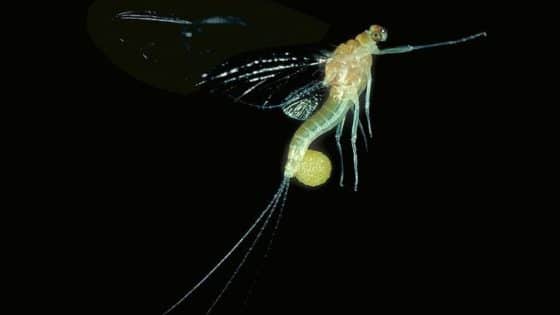
Senior Research Scientist
- Principal investigator, Entomology Group.
- Adjunct professor of entomology and wildlife ecology, University of Delaware.
- Adjunct professor of biology, University of Pennsylvania.
Contact
jkjackson@stroudcenter.org
tel. 610-910-0042
970 Spencer Road, Avondale, PA 19311
Interests and Expertise
John Jackson’s research interests span a variety of applied and basic subjects, including population and evolutionary ecology of stream insects, the role of abiotic and biotic processes in determining the structure and function of stream assemblages, energy and nutrient exchange within streams and between streams and their surrounding watersheds, and benthic monitoring and water quality assessment. Specific projects that address these research interests include studies of growth and development of aquatic insects, the influence of dispersal, population dynamics, and environmental variation on genetic structure of stream organisms, the evolutionary and ecological significance of disturbance in aquatic insect ecology, spatial and temporal variation in the distribution and abundance of stream insects, and organic matter dynamics and secondary production. These studies have been located in temperate and/or tropical streams.
Education
- Ph.D., entomology, University of California, Berkeley, California.
- M.S., zoology, Arizona State University, Tempe, Arizona.
- B.S., biology (Honors), University of Notre Dame, Notre Dame, Indiana.
Professional Experience
- Senior research scientist, Stroud Water Research Center, 2007–present.
- Adjunct professor, biology, University of Pennsylvania, Philadelphia, Pennsylvania, 2001–present.
- Adjunct Professor, entomology and wildlife ecology, University of Delaware, Newark, Delaware, 1992–present.
- Associate research scientist, Stroud Water Research Center, 1999–2007.
- Fulbright senior scholar at Institut für Zoologie und Limnologie, Universität Innsbruck, Austria, 1998.
- Postdoctoral research associate, assistant curator, and associate curator, Division of Environmental Research, Stroud Water Research Center, The Academy of Natural Sciences of Philadelphia, 1990–1999.
Publications
Why some mayfly adults are older and larger: photoperiodic induction of larval quiescence
Sampling aquatic insects – collection devices, statistical considerations, and rearing procedures
Essay: making the most of recent advances in freshwater mussel propagation and restoration
See publications by all Stroud Center authors
Related News
Who Can You Trust? Stroud Center Scientist Testifies on Threats of Road Salt to Fresh Water
Over-Seasoned: Our Taste for Salt is Killing Our Freshwater Ecosystems
Saving Streams With Good Science
Stream Degradation and Restoration With Aquatic Insects as Our Guide
Oxygen Not Behind Threat To Mayflies When Temps Rise


